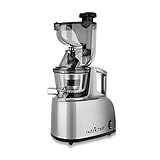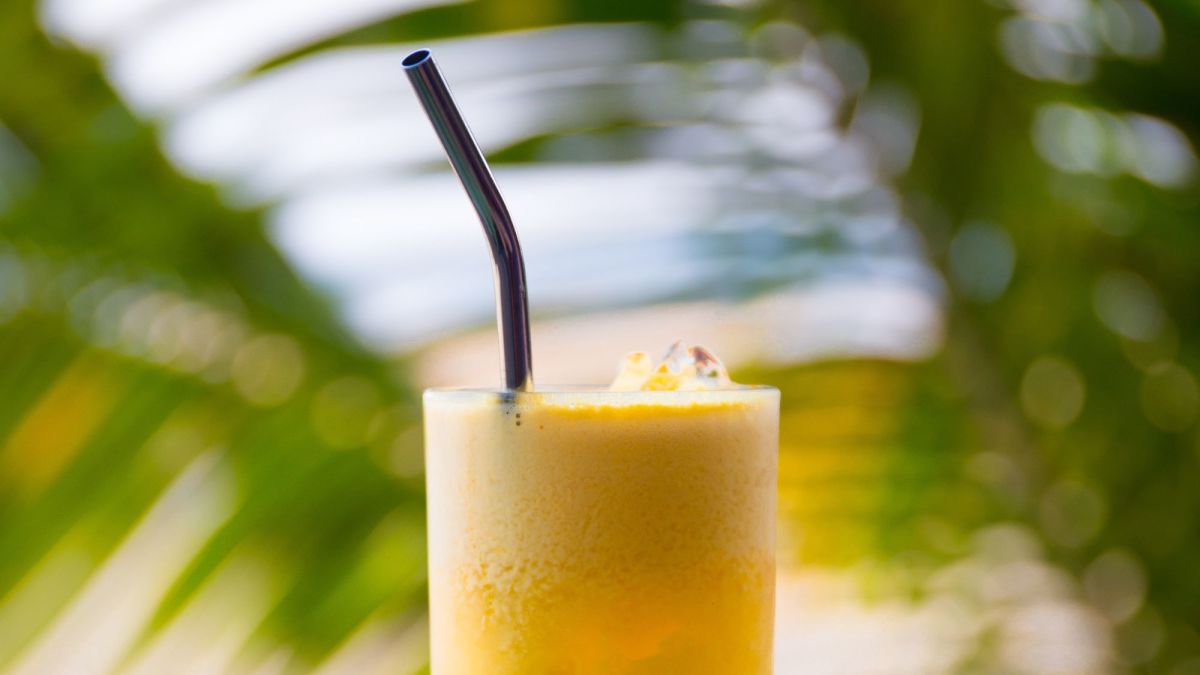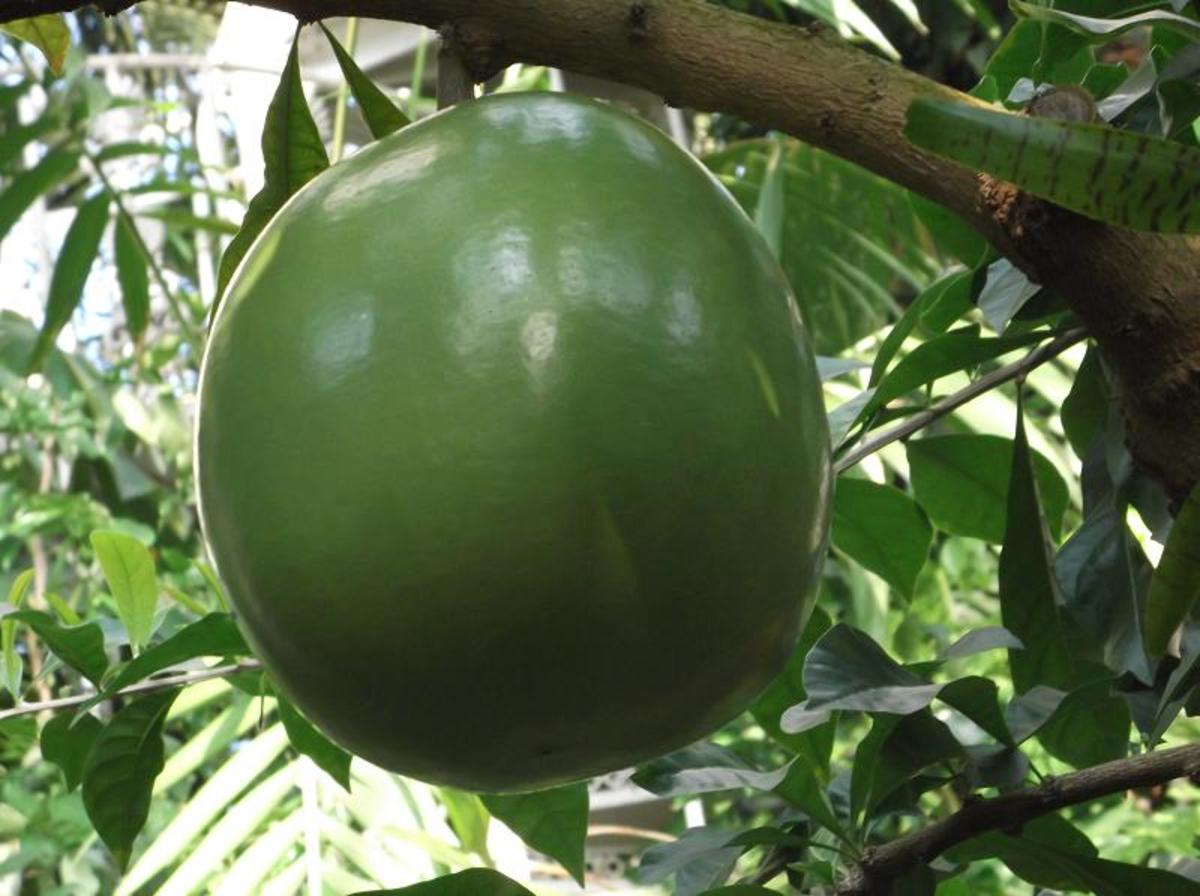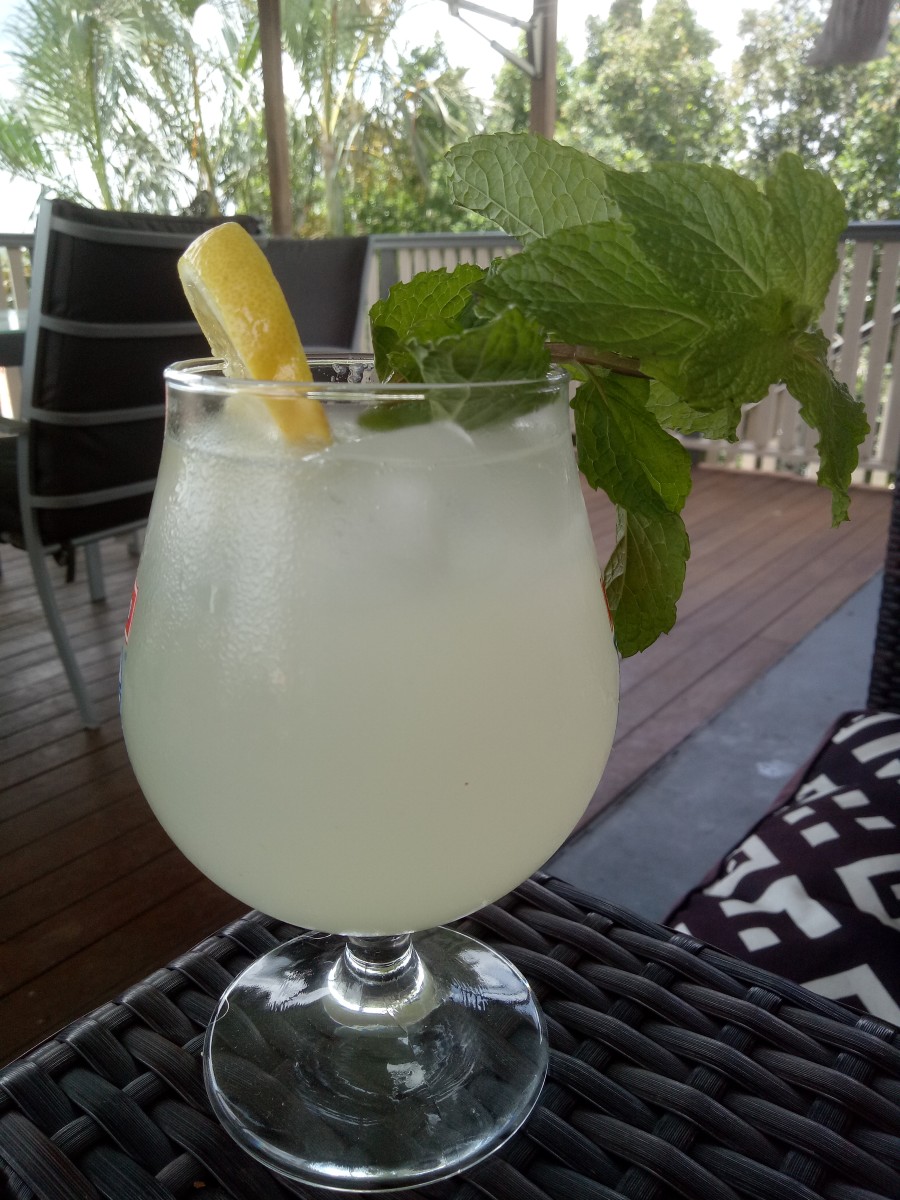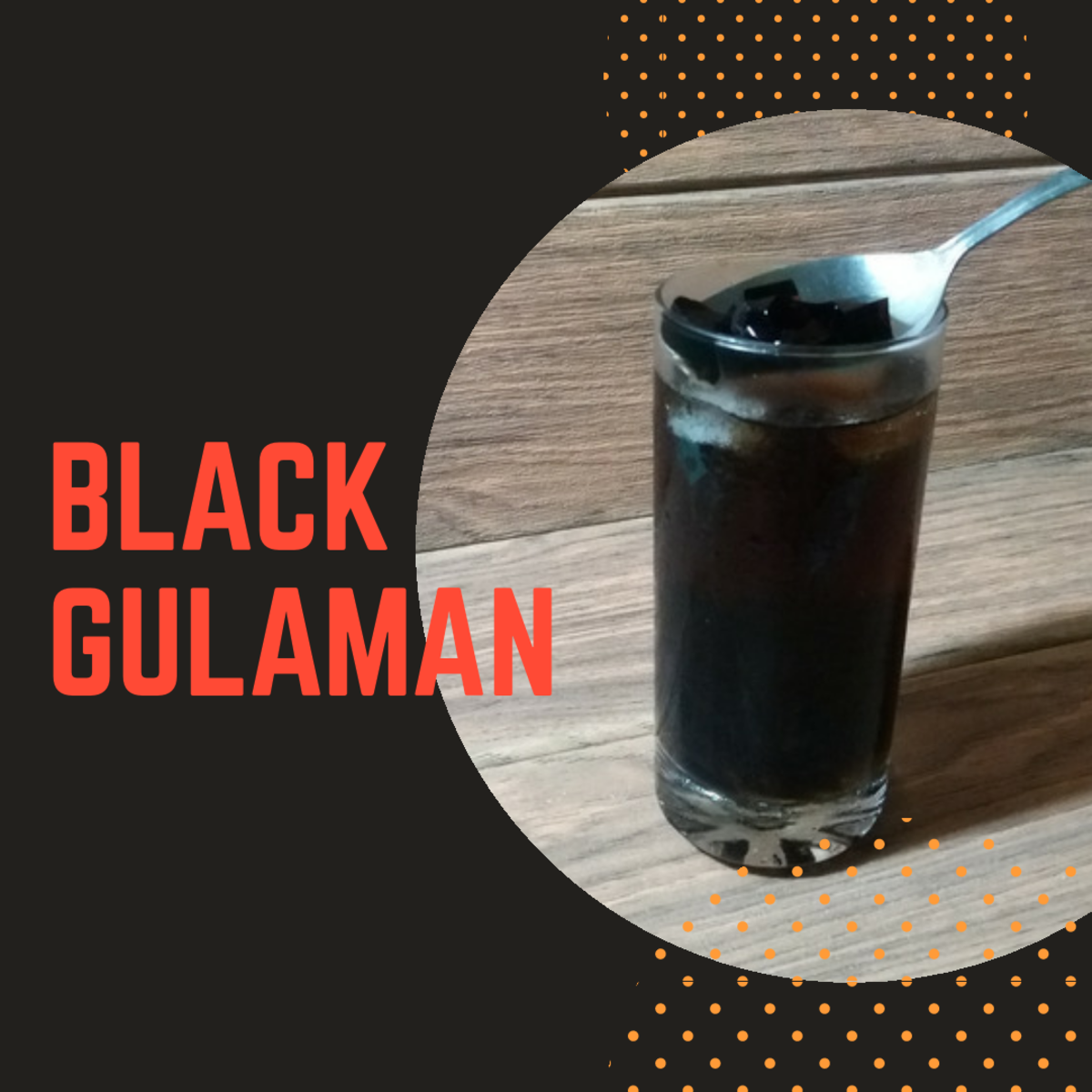Drinking fruit juice is as healthy as eating whole fruits
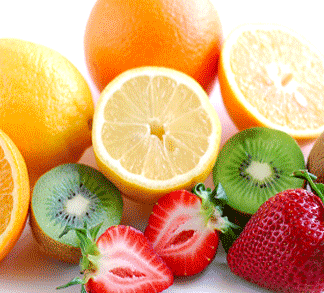
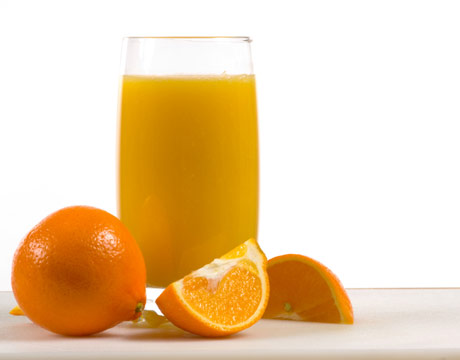
A research has suggested that drinking 100 percent fruit juices could have protective health benefits similar to those of whole fruits.
Highlights from a new report summarizing recent research on the potential benefits of fruit juice showed a positive association between intake of 100 percent juice and reduced risk for several chronic diseases, including cancer, markers for cardiovascular disease and cognitive decline.
`While it is universally accepted that fruit and vegetable intake is protective, there is not a clear consensus about the benefits of consuming the juices that are extracted from them,` said the review`s author, Dianne Hyson.
`An analysis of the scientific evidence suggests that 100 percent fruit juices retain important bioactive components that may promote good health and aid in disease prevention,` added Hyson.
Among the fruit juices included in the review, consumption of apple, citrus, cranberry, grape, and pomegranate juices all showed beneficial effects. Markers of improved health ranged from reductions in urinary tract infections (cranberry) to improvements in age-related cognitive decline (grape and apple) to reduced risk of prostate (pomegranate) and respiratory and digestive (orange, grapefruit) cancers. Additionally, intake of all juices was linked to heightened antioxidant activity.
Note : Take fresh juice only. Taking packed juice from stores is very-very harmful for health.
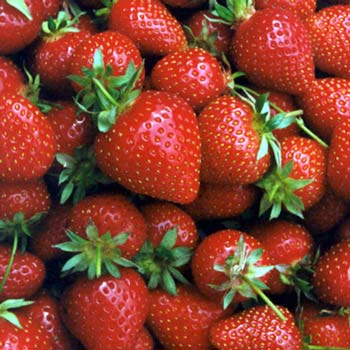
Scientists have found that eating strawberries may be a way to help people at risk of esophageal cancer protect themselves from the disease. Researchers at The Ohio State University Comprehensive Cancer Center - Arthur G. James Cancer Hospital and Richard J. Solove Research Institute (OSUCCC - James) and researchers in China jointly conducted the study.
The study is the first-ever collaborative Ohio State cancer clinical trial to be conducted in China.
`We concluded from this study that six months of strawberry treatment is safe and easy to consume. In addition, our preliminary data suggests that strawberries decreased histological grade of precancerous lesions and reduced cancer-related molecular events,` said Tong Chen, lead author, and assistant professor at Ohio State.
Previously research by Chen and colleagues have found that freeze-dried strawberries significantly inhibited tumor development in the esophagus of rats.
Based on these results, the researchers embarked on a phase Ib clinical trial in China to investigate the effects of freeze-dried strawberries on patients with esophageal precancerous lesions.
`We found that daily consumption of strawberries suppressed various biomarkers involved in esophageal carcinogenesis, including cell proliferation, inflammation and gene transcription,` said Chen.
Each of the 36 study participants ate 60 grams of freeze-dried strawberries daily for six months. The researchers obtained biopsy specimens before and after the strawberry consumption.
The results showed that 29 out of 36 participants experienced a decrease in histological grade of the precancerous lesions during the study.
`Our study is important because it shows that strawberries may slow the progression of precancerous lesion in the esophagus. Strawberries may be an alternative, or may work together with other chemopreventive drugs, for the prevention of esophageal cancer. But, we will need to test this in randomized placebo-controlled trials in the future,` he said.
How Internet and smartphones affect eating habits
A new study has shed light on how new-media technology, including the Internet and smartphones, are changing college students`` eating habits and their relationship to food.
The findings by Rochester Institute of Technology indicate that individuals are more likely to have meals while sitting at the computer than at the kitchen table, and that they use social media as the main avenue to obtain recipe and nutritional information.
`I sought to investigate how the explosion of new media is changing traditional notions of meals and how this is transforming human interaction,` noted Madeline Varno, a senior communications major at RIT and principle author of the study. `As opposed to their parents or grandparents, college students do not see meals as a central activity in and of itself, either for enjoyment or communication.
In fact none of the respondents I interviewed even had a kitchen table.` Varno conducted an extensive survey of college students at RIT, which assessed how meals were prepared and eaten, how students interacted with others during meals and how they obtained information about nutrition, potential food choices and recipes.
It also assessed the importance of meals in students`` social lives. `Eating is now just one of several activities being multitasked at once, all of which generally involve computers and smartphones, including surfing the Web, communicating with friends via Facebook and doing homework,` she continued.
`This does not mean that students are any less social; in fact, they are often interacting with more people than if they were sitting in a dining room, but the method of that socialization is now directly connected to new media.` Varno also found that people were more likely to ask friends on Facebook or Twitter about recipes than consult a cookbook and often used social media to assess the relevance and validity of food and nutrition information.
`While some respondents expressed concern at the sheer volume of food information available online, they also indicated that the use of Facebook and Twitter to quickly validate data made them feel more informed about making the right choices,` added Varno.

Frieda drinks vegetable juice to keep her skin glowing
Slumdog Millionaire actress Freida Pinto, who is the face of L'Oreal, says she drinks a lot of vegetable juice to keep her skin beautiful.
'I make loads of fresh vegetable juices with coriander or pepper so that it's tastier. The concoction makes my skin glow and is good for the digestive system too,' she said in an interview with the Daily Record newspaper.
Despite being considered one of the most beautiful women in the world, the 26-year-old star admits she used to have doubts about her body and looks, reports contactmusic.com.
'When you doubt something about yourself, you start thinking there's also something wrong with your hair, your






